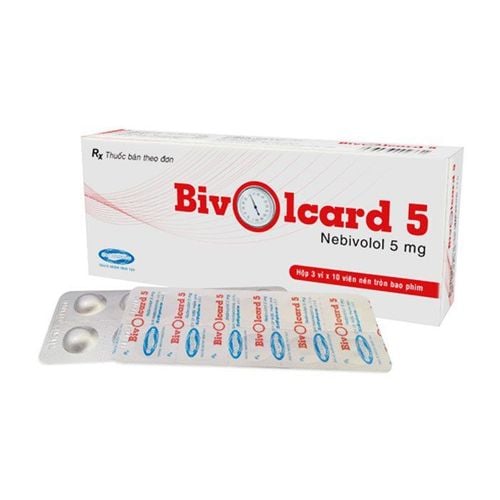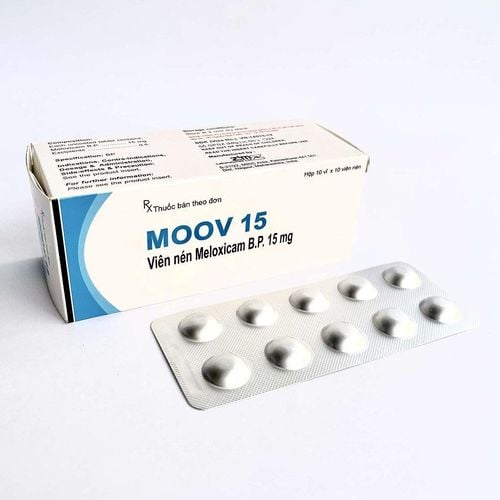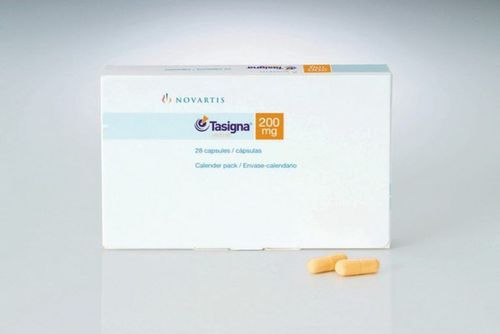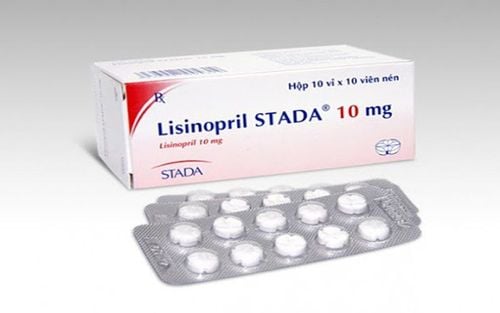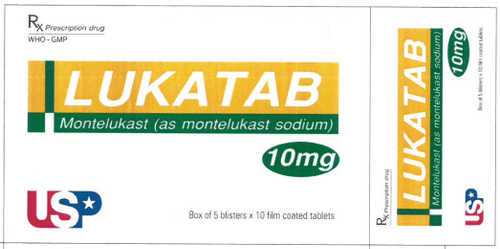This is an automatically translated article.
The article was professionally consulted by Dr. Nguyen Van Duong - Interventional Cardiologist - Cardiovascular Center - Vinmec Central Park International General Hospital. The doctor has many years of experience in the diagnosis and treatment of cardiovascular diseases.1. Sinus tachycardia
The sinus node is a structure in the heart that functions as the body's natural pacemaker, helping to generate electrical impulses and allowing the heart to pump blood to other organs for nourishment. Sinus rhythm in a normal person without any disease is in the range of 60-100 beats/min, however in some unusual cases and certain stimuli cause the heart rate to increase above 100 beats/min. can even be 200 beats/min in children and 150 beats/min in the elderly called sinus tachycardia.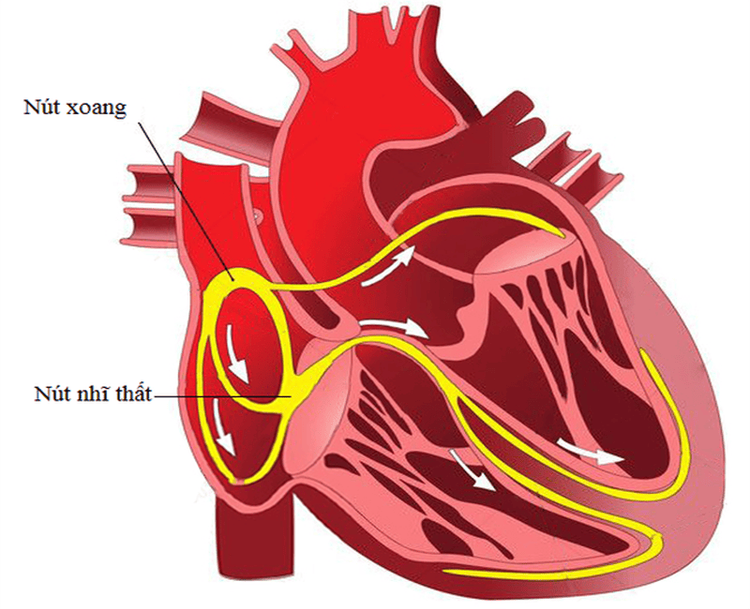
2. How many types of sinus tachycardia?
Clinically, there can be 2 conditions of sinus tachycardia: normal sinus tachycardia, or physiological sinus tachycardia and abnormal sinus rhythm, ie pathological sinus tachycardia.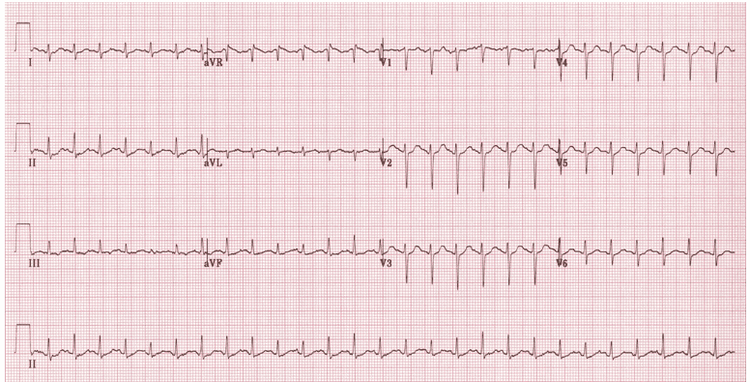
Pathological Sinus Tachycardia Pathological Sinus Tachycardia is defined as a state of rapid sinus rhythm in cases where the patient is resting and not performing vigorous activities but still has symptoms of a pounding heart and difficulty breathing. Some signs that the patient is having a pathological sinus tachycardia condition are shortness of breath, chest pain, dizziness, fainting, headache, feeling nervous and anxious... Causes of sinus rhythm The pathology is very diverse, it can be abnormalities in the sinus node such as abnormal nerve conduction or due to damage to the cardiac nerves. Some diseases that can have sinus tachycardia are hypertension, coronary artery disease, stenosis of the heart valves, congenital heart scars...
3. Is sinus tachycardia dangerous?
If sinus tachycardia is not detected and treated early, it can lead to dangerous complications for the body such as stroke or heart failure. For physiological sinus tachycardia, we can completely control it by changing our lifestyle, avoiding too much stress and anxiety in our lives, and limiting the use of stimulants such as tea and coffee. Coffee, tobacco, alcohol, maintaining a healthy diet for the circulatory system, regular exercise and intensity must be suitable to the patient's health status.
Sinus tachycardia is a cardiac arrhythmia that needs to be detected promptly, differentiate physiological and pathological sinus tachycardia, and find the exact cause of sinus tachycardia to have the most effective treatment. . Therefore, when there are any abnormal signs, the patient should go to the medical facility to be examined and diagnosed in the most accurate way.
To protect heart health in general and detect early signs of myocardial infarction and stroke, customers can sign up for Cardiovascular Screening Package - Basic Cardiovascular Examination of Vinmec International General Hospital . The examination package helps to detect cardiovascular problems at the earliest through tests and modern imaging methods. The package is for all ages, genders and is especially essential for people with risk factors for cardiovascular disease.
Please dial HOTLINE for more information or register for an appointment HERE. Download MyVinmec app to make appointments faster and to manage your bookings easily.





